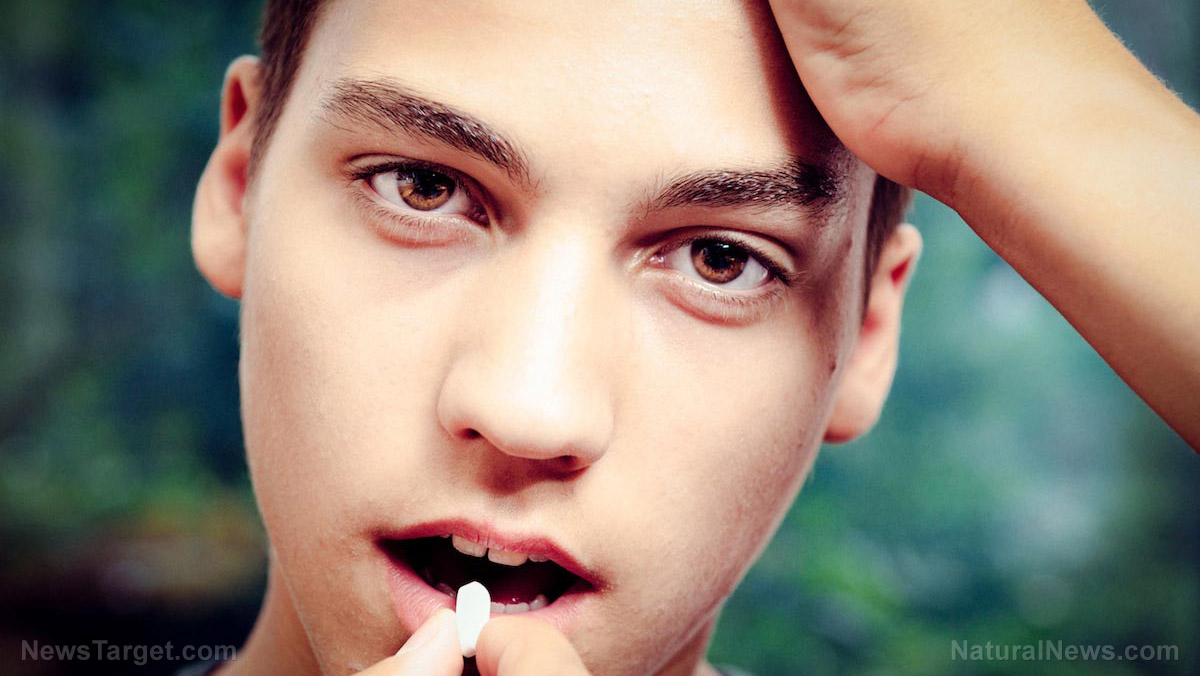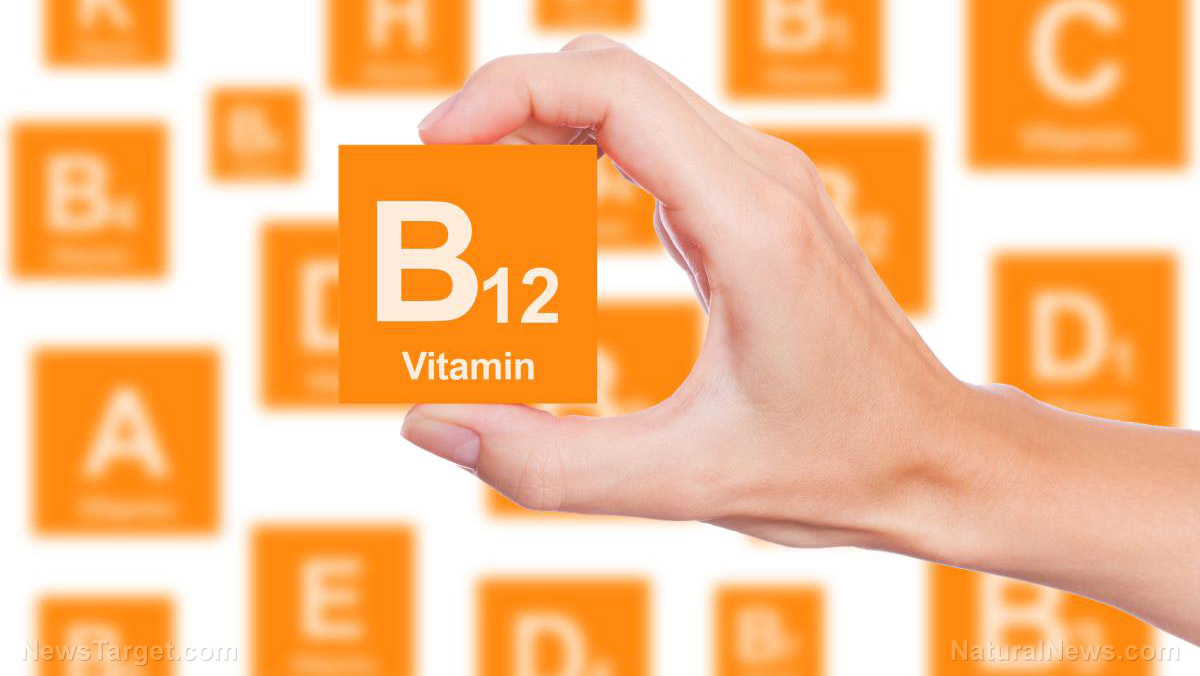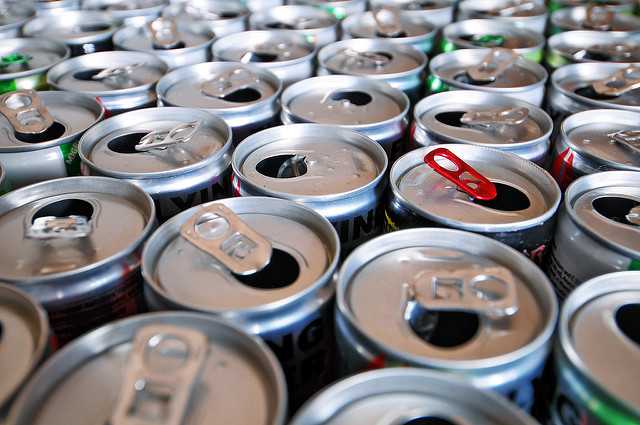
“We provide strong evidence supporting a role for n-3 PUFAs deficiency in ADHD, and for advocating n-3 PUFAs supplementation as a clinically relevant information in this group, especially if guided by a biomarker-based personalization approach,” researchers wrote in the paper published in Neuropsychopharmacology.
From the seven clinical tests, they discovered that omega-3 fatty acids improved the clinical symptoms of ADHD, such as inattention and hyperactivity, according to reports made by the parents of the observed children. In addition, the study revealed that the reduction in hyperactivity was only seen when the study participants had 500 milligrams per day or more of eicosapentaenoic acid (EPA).
On the other hand, the three clinical tests showed that omega-3s boosted the cognitive performance of children and teens with ADHD. The researchers noted that omega-3s were linked with enhancements in select measures of cognitive performance.
“N-3 PUFAs are crucial for optimal neurotransmitter function,” the researchers noted. “For example, incorporation more EPA and DHA [docosahexaenoic acid] in the cell membrane can increase cholesterol efflux, modulate lipid raft clustering and disruption, and affect the function of the dopamine transporter (DAT), which in turn may affect attention and executive function by regulating synaptic dopamine levels.”
Harry Rice, the vice president of regulatory and scientific affairs for the Global Organization for EPA and DHA Omega-3s (GOED), commented on the research. Rice has been lukewarm on the beneficial effects of increased EPA/DHA intake in children with ADHD
“Results from this meta-analysis put me a little closer to believing,” Rice said. “Minimally, given the low side effect profile of omega-3s versus the drugs of choice to treat ADHD, I would highly recommend first increasing intake of EPA/DHA. This is particularly true if a child doesn't eat at least two servings of fatty fish a week or doesn't take an omega-3 supplement on a regular basis.”
The researchers also found that children and teenagers with ADHD had lower levels of EPA, DHA, and total omega-3s.
ADHD is a disorder in the brain characterized by two types of behavioral problems — inattention and hyperactivity and impulsiveness. According to data from the National Survey of Children's Health from 2003 to 2011, 8.8 percent or 5.1 million children and young adults from ages 4 to 17 were diagnosed with ADHD in the United States.
More on Omega-3 fatty acids
Omega-3s, also known as polyunsaturated fatty acids, are fatty acids that are important for human health. Since the body does not produce omega-3 fatty acids, they are obtained through food such as nut oils, different kinds of fish which include salmon, tuna, and halibut, and other seafood which include algae and krill. Moreover, omega-3 fatty acids are essential in the functioning, growth, and development of the brain. They are also helpful in lessening the risk of heart disease. (Related: Omega-3 DHA fat dampens brain inflammation to lower stroke risk, improves cognitive function.)
Read more news like this at Mind.news.
Sources include:
Please contact us for more information.






















